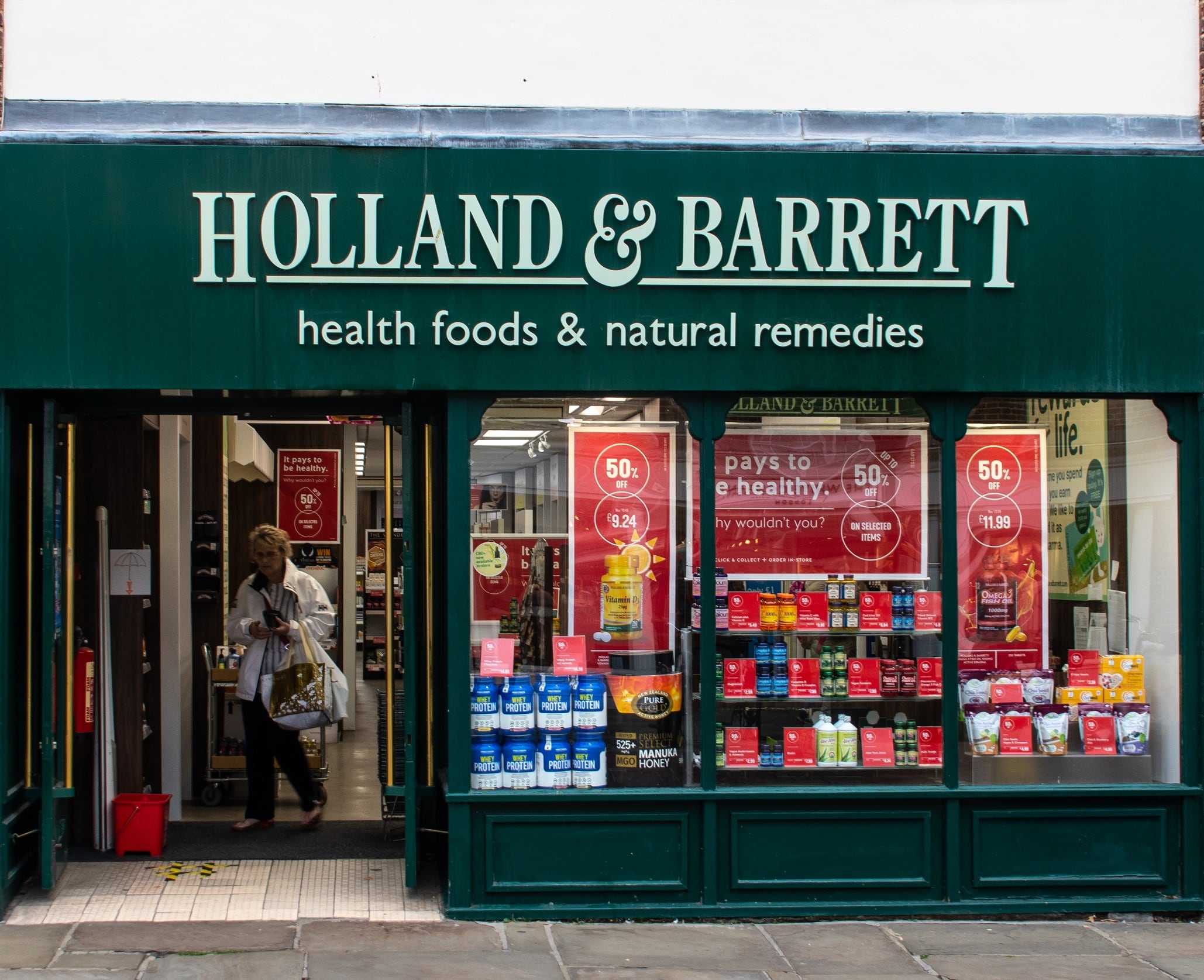COVID-19 and the worldwide lock down that's come with it has had an immediate and obvious impact on consumers’ purchasing behaviours, with one example being the run on vitamin c supplements. But what will be some of the longer term impacts on purchasing behaviours and how can brands ensure they are doing the right things now to ensure customer loyalty once we come out the other side?
Will Cowling, marketing manager for the insights provider, points out that the population itself will have changed following this crisis, with the mortality rate for those over 60 being far higher than for those younger.
“The senior demographic contributes a significant amount of revenue to the economy each year. Many of these consumers are still in employment, whilst they also often have good levels of disposable income. This is something that will have an impact on economic growth, due to less money being spent.”
He adds that this older audience, once deemed to have a 'forever young' attitude - looking to break stereotypes by enjoying adventurous and fun-loving lifestyles - may be tempted to take a more cautious approach to life.
“They have often looked to push the boundaries of excitement, wanting to be seen as more liberal, open-minded and adventurous than the generations before them. This is something that is often also reflected in their spending habits.
“This ethos may be instead replaced with a more conservative and pessimistic outlook on long-term health.”
Cowling suggests this change in attitude could lead to a greater focus on functional food and drink and a reduction in consumption of products associated with indulgence.
He adds that it is something that could also result in more baby boomers wanting to exit the workplace early as they increasingly re-prioritise what is important to them, such as spending time with loved ones.
Generation X, Millennials and Generation Z
But the shockwaves are rippling through all age groups and Cowling says consumers in the Generation X segment - the demographic cohort following the baby boomers and preceding the Millennials - will too be left with a greater feeling of vulnerability when it comes to their long-term health.
“As a result of this, consumers in this segment will become more proactive towards their health, adopting a prevention over cure approach to disease and illness.
“This is something that will drive demand for functional food, drinks and supplements that contain ingredients with health boosting benefits.”
He adds that when it comes to Millennials (those born in the late 80s and 90s) and Generation Z (those born in the late 90's and naughties), the pandemic is more likely to impact mental health especially as a recession is something that could impact on life-cycle patterns such as getting on the housing market and securing employment.
And looking at our youngsters, Generation Alpha (those born from 2010 onwards) will grow up in an era characterised not only by technology being an imperative part of life but also by the importance of hygiene and minimising the risk of disease.
The rules of a recession
During the great recession of the last decade, much attention was given to consumers turning to small moments of affordable indulgence for escapism purposes. However Cowling says that this pandemic means, at least in the short term, many consumers will be prioritising basic essentials.
Ultimately, consumer spending habits will become more considered, whilst brand loyalty will also decline as consumers shop around for the best deal.
Ethics and morals prevail
Consumers were already concerned about levels of damage done to the environment before this pandemic, but this crisis is going to make those concerns all the more relevant, says Cowling.
“Whilst many situational factors have been cited for the surge in COVID-19 cases in certain regions, the air quality in Wuhan and Lombardy – the center of the outbreak and the area most impacted in Italy – has come into question.
“Indeed, the virus is one that can have a significant impact on the lungs and some experts have stated that the quality of the air in these regions is something that may have a direct impact on death rates.
“Over the next twelve months, consumers will increasingly assess their diets and lifestyles to determine how at risk they are from complications should they catch the disease. Whilst they will feel that they can make changes to their diets, they will feel somewhat that protecting the quality of air to prevent vulnerability to disease and illness is something that is more the responsibility of the government and big businesses.
“As consumers pay closer attention than ever before to the topic of sustainability and want brands to act in an ethical and environmental manner, the impact that policies and practices have on air pollution is one that will be increasingly monitored by consumers.”
He points out that one emerging positive impact of the worldwide lockdown has been the benefits to the environment in a relatively short period of time and this has shown consumers that damage done to the environment is reversible if the right action is taken.
“For instance, much attention has been given to the change in air quality captured via satellite pictures in areas such as Wuhan, whilst the fact that the canals in Venice are the cleanest that they have been in decades is also something that has not gone unnoticed.
“In the long-term, this will result in consumers recognising the sheer impact that daily lives in the 21st century is having on natural resources such as air and water. This will further enhance concerns about the state of the environment but on a more positive note, consumers will be more inclined to think that damage done to the environment is reversible."
Reflection
As well as looking for brands that display ethics and sustainable practice, consumers are also going to be drawn to brands that fall in line with their new-found priorities post pandemic.
Cowling explains: "Consumers will look to step back from the pressures of everyday life and re-evaluate what is important to them, with a greater focus on non-material wealth… Consumers will also see time as an increasingly precious commodity, especially when it comes to their health and the quality of life of loved ones.
"This is something that will also have a direct impact on the food and drink brands that consumers buy. For instance, consumers will want products that encourage them to spend time socialising face-to-face with others. Additionally, consumers will also want brands to align with these evolving need states. For instance, consumers will want brands to demonstrate traits such as kindness, compassion and empathy as consumers re-prioritise.
"This will mean it is more important than ever before that brands are seen to be helping facilitate lives in a positive manner, encouraging consumers to relax, spend time with loved ones and focus on being happy."
All about immunity
The mammoth behaviour change when it comes to sanitation will not be a short term trend, Cowling argues. He believes that there will be a long term demand for products that blur the boundaries of personal care and household care, as consumers increasingly recognise the importance of good overall personal hygiene.
This is something that will also drive demand for products that help boost the immune system, such as products that are high in vitamins and minerals and other functional ingredients.





